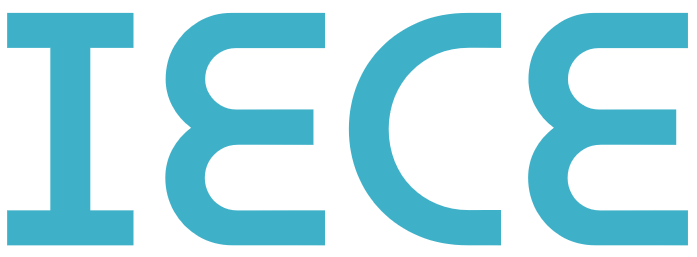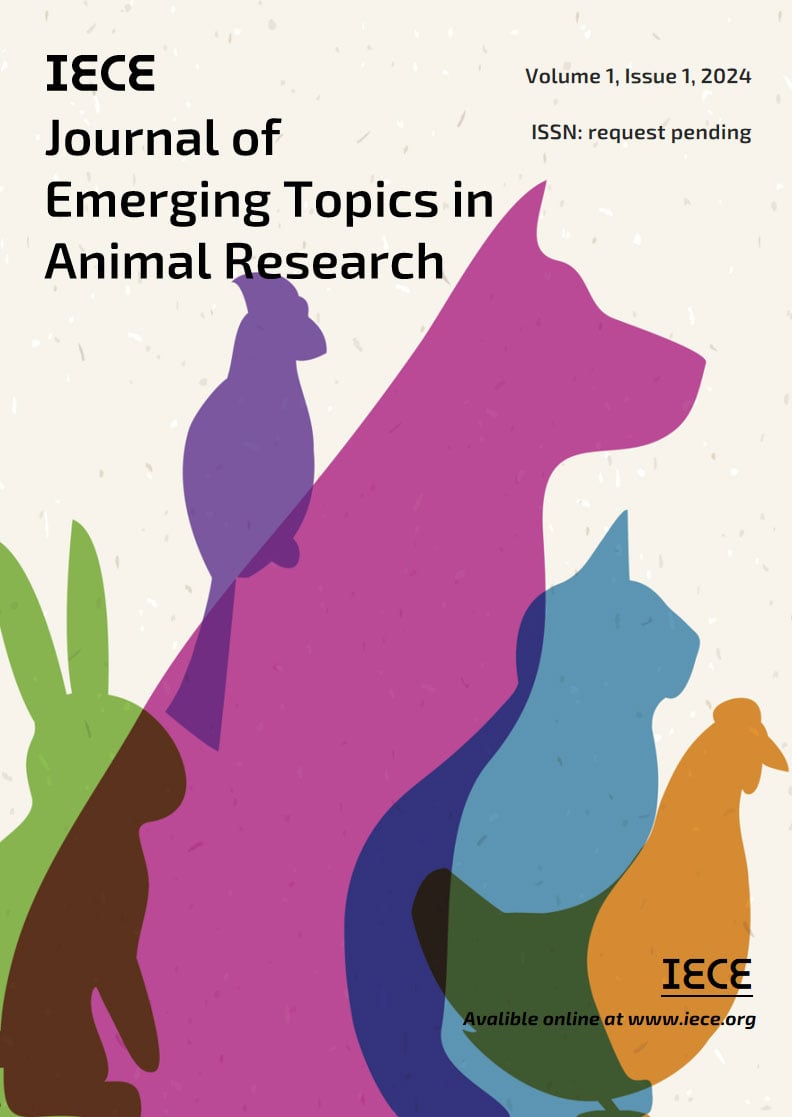Journal Information
IECE Journal of Emerging Topics in Animal Research
Online ISSN: request pending
Print ISSN: request pending
Publishing model: Hybrid
DOI Prefix: 10.62762/JETAR
Aims & Scope
IECE Journal of Emerging Topics in Animal Research (JETAR) is an international peer-reviewed journal that dedicated to publishing cutting-edge, innovative, and emerging research in the field of animal sciences. Our focus is on fostering knowledge and practices that address the latest challenges and advancements in animal health, welfare, and sustainable development. The journal aims to be a vital link between academia, industry, and policymakers, helping stakeholders navigate the evolving and interdisciplinary landscape of animal research. The journal covers a broad spectrum of emerging topics, including but not limited to:
Animal Health and Disease: Research on novel approaches to animal pathology, emerging infectious diseases, and global epidemiology. We especially welcome studies addressing the intersection of animal and human health (One Health) and innovative methods for disease prevention and control.
Emerging Technologies in Animal Research: This includes the application of cutting-edge technologies such as gene editing, precision medicine, artificial intelligence, and data science in animal breeding, health management, and behavior monitoring. The focus is on how these technologies can enhance animal productivity and welfare.
Environmental and Ecological Impact: Investigating the effects of emerging environmental changes on wildlife and livestock, including climate change, habitat alteration, and ecosystem dynamics. Interdisciplinary research linking environmental science and animal conservation is highly encouraged.
Sustainable Livestock and Agricultural Practices: Exploring new approaches to sustainable animal production systems and management practices, with an emphasis on strategies to meet the global challenges of population growth and food security. We focus on innovations that reduce environmental footprints while enhancing animal welfare.
Animal Behavior and Cognitive Science: Highlighting the latest trends in animal cognition, emotion, and behavioral studies across species, from pets to wildlife. The journal aims to foster deeper insights into the complex interactions between humans and animals.
Biodiversity and Conservation Research: Emphasizing emerging strategies in conservation biology to protect endangered species and their habitats. Studies that address the long-term impacts of human activities on biodiversity and animal populations are particularly welcome.
Comparative and Cross-Species Research: Using emerging tools such as comparative genomics and systems biology to explore physiological, genetic, and behavioral patterns across species, with the aim of uncovering fundamental biological principles.
The JETAR seeks to publish high-impact, original research that pushes the boundaries of current knowledge. We encourage submissions that explore novel interdisciplinary approaches and contribute to theoretical, technological, or applied advancements in the field.
Publication Frequency
Quarterly
Ownership

The journal is owned by Institute of Emerging and Computer Engineering Inc.
Archiving

All journals published by IECE are archived in Portico, which provides permanent digital archiving for scholarly journals.
Ethics Statement
IECE is responsible for implementing rigorous peer review and strict ethical policies and standards to ensure that high quality scientific work is added to the field of scholarly publishing. IECE takes such publishing ethics issues very seriously, and our editors are trained to enforce COPE's Core Practices and Guidelines, with a zero-tolerance policy for plagiarism, data falsification, and other behaviours. To verify the originality of content submitted to our journals, we use iThenticate to check submissions against previous publications.




